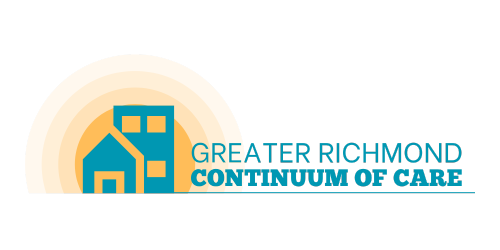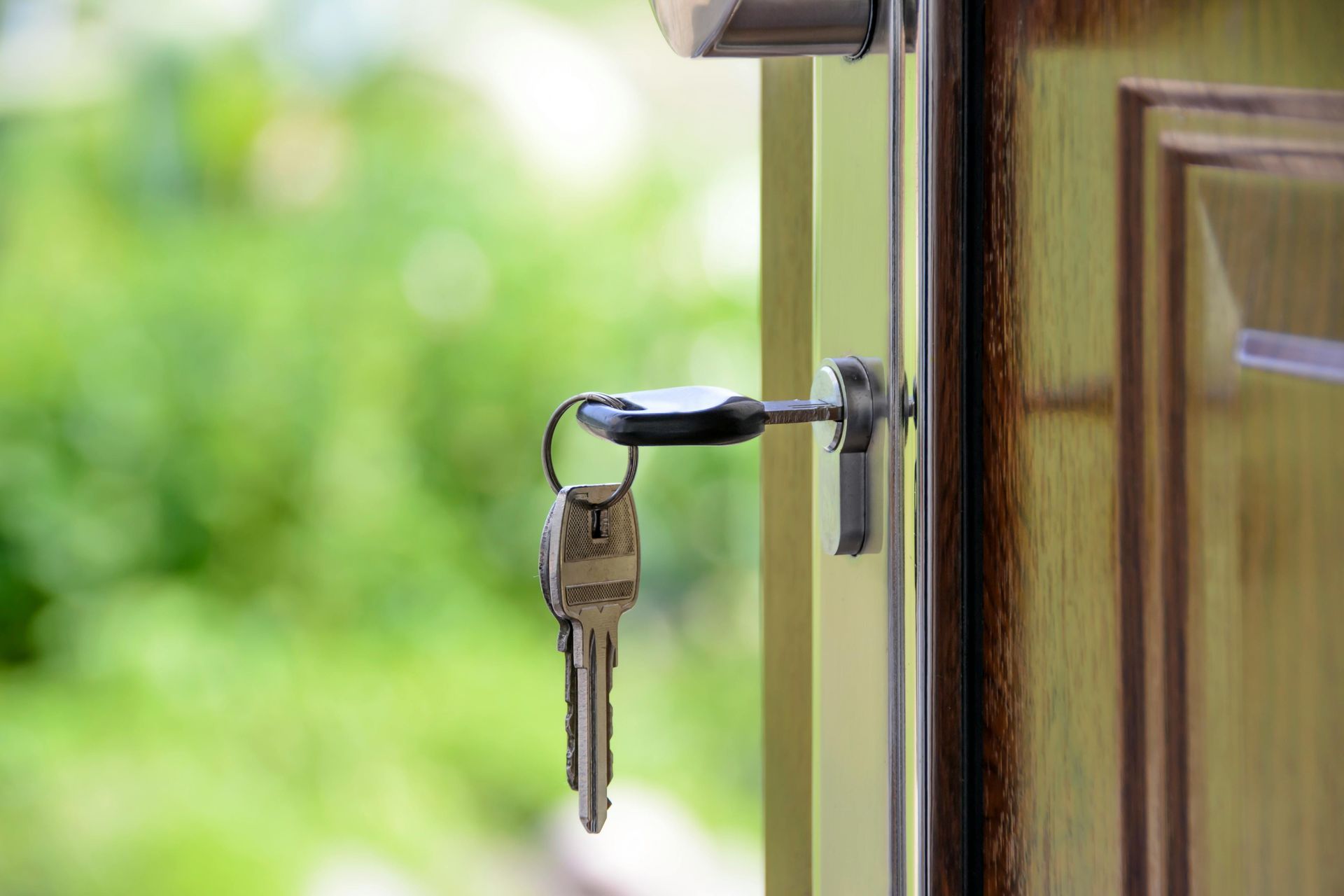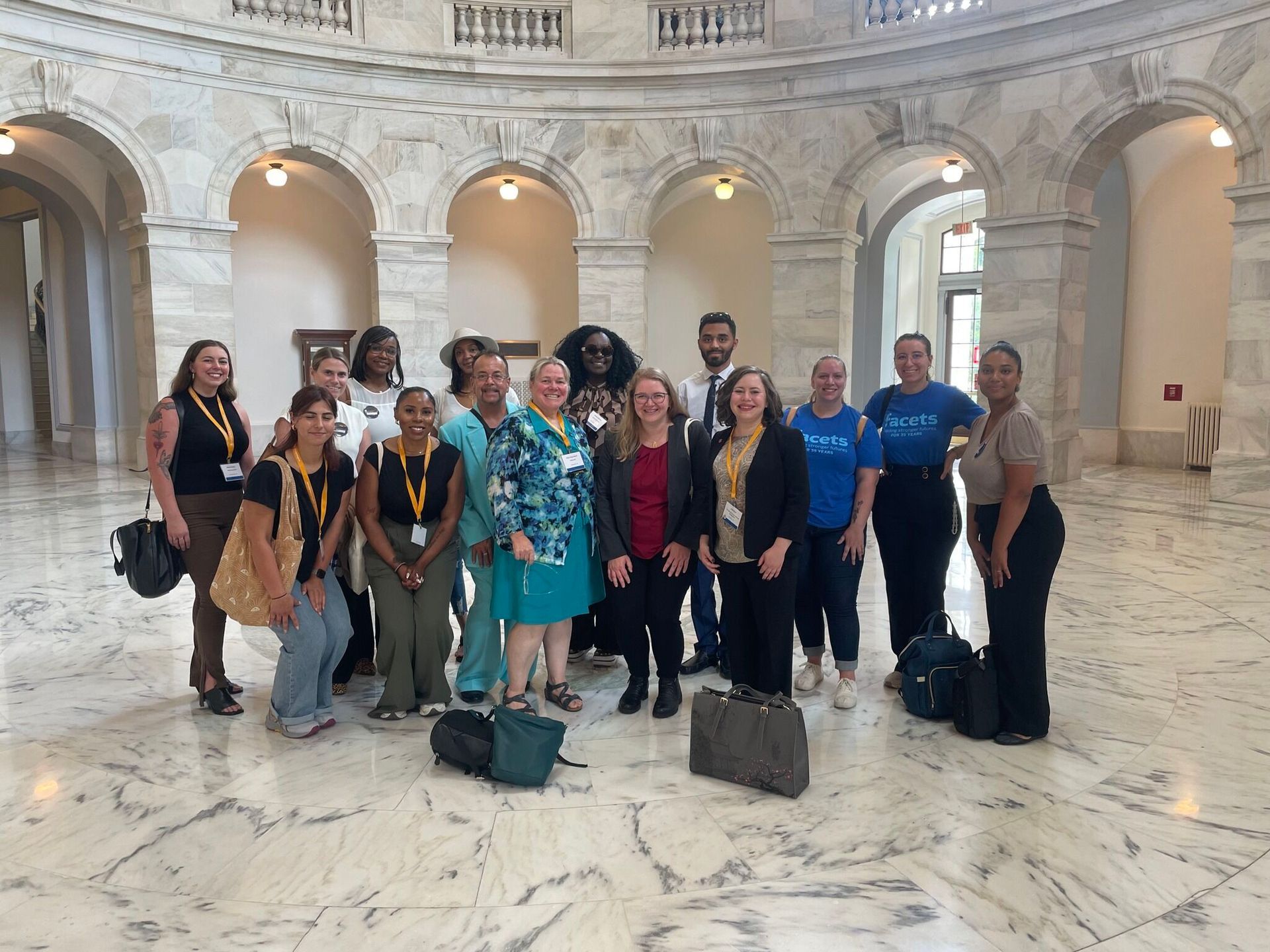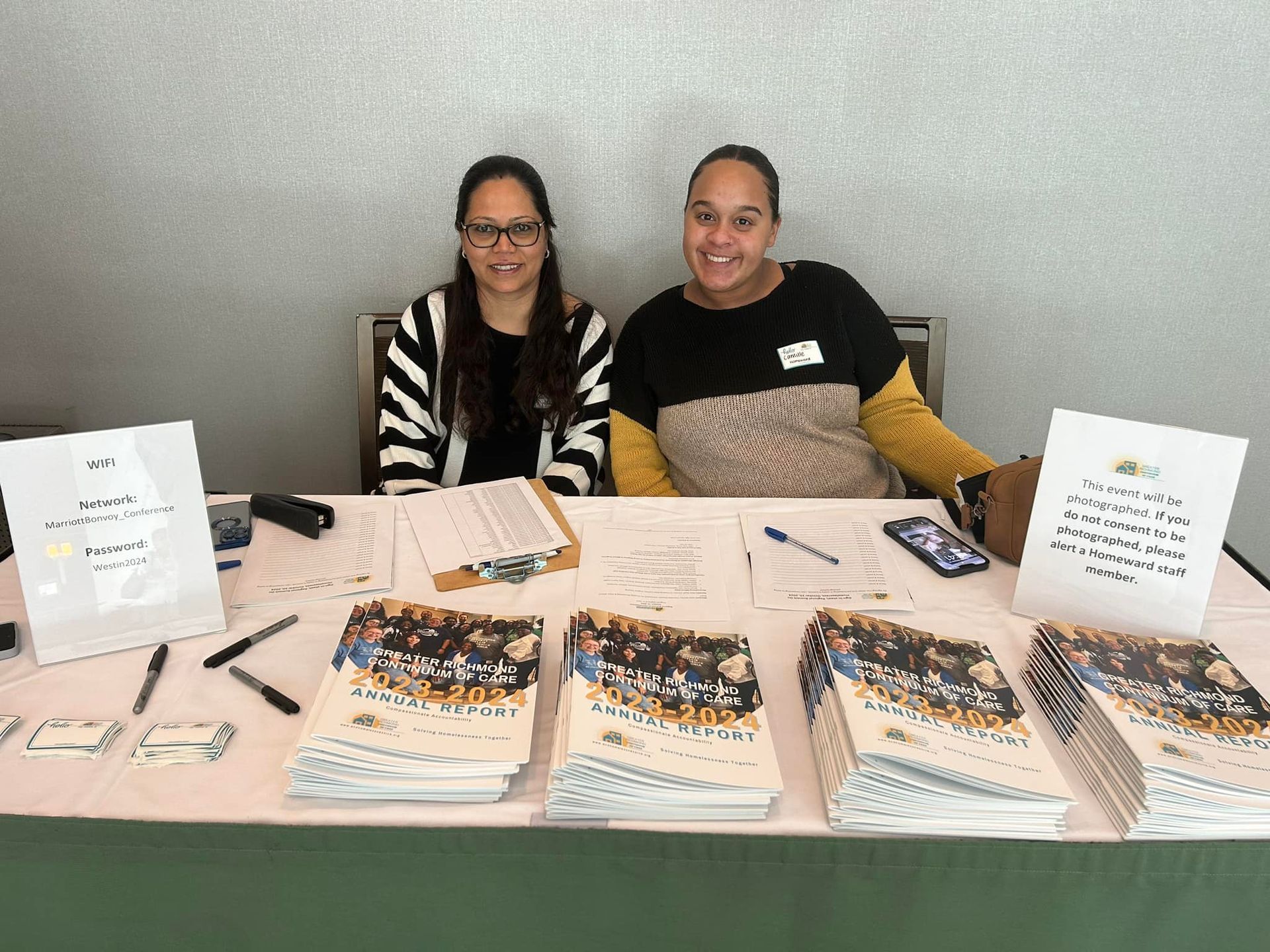Housing First Resource Guide
Housing First: A Resource Guide

Our region's collaborative network of homeless service providers, The Greater Richmond Continuum of Care (GRCoC), supports the nationally-recognized Housing First approach in all of its programs. So, what is Housing First? And why is it considered a highly effective method for solving homelessness for our neighbors?
Understanding Housing First: A Compassionate Approach to Homelessness
Housing First is designed to address homelessness by prioritizing permanent housing for individuals experiencing homelessness. This approach operates on the principle that having a stable home is the foundational step towards improving one’s overall well-being.
The core idea behind Housing First is that before individuals can tackle other challenges like finding employment, managing finances, or addressing substance abuse, they must first have their basic needs met—starting with a secure place to live. By ensuring this fundamental necessity, Housing First creates a stable environment from which individuals can begin to rebuild their lives.
Client choice is a key aspect of Housing First. This means that individuals are given the autonomy to select their housing and participate in supportive services according to their needs and preferences. Empowering clients to make these decisions enhances their sense of control and commitment, increasing the likelihood of long-term housing stability and personal development.
In essence, Housing First is not just about providing shelter; it’s about fostering an environment where individuals can thrive, regain their dignity, and work towards a brighter future. By putting housing at the forefront, this approach offers a compassionate and practical solution to ending homelessness and improving the quality of life for those affected.
National Data Shows That Housing First Works and Reduces Cost Burdens on Communities
Rapid and Stable Housing: Individuals in Housing First programs access housing more quickly and maintain housing stability at higher rates than those in traditional homeless assistance programs. For example, Permanent Supportive Housing (PSH) has a housing retention rate of up to 98% after one year.
Cost Savings: Housing First programs significantly reduce the use of emergency services, leading to substantial cost savings. One study found an average savings of $31,545 per person in emergency services over two years. Another study showed that Housing First programs can cost up to $23,000 less per consumer per year than shelter programs.
Improved Outcomes: Participants in Housing First programs report higher levels of autonomy, choice, and control. They are more likely to engage in supportive services, which leads to better outcomes in terms of employment, education, substance use reduction, and mental health (Evidence Matters: Housing First and Homelessness | HUD USER).
Veteran Homelessness Reduction: Housing First has been particularly effective in reducing veteran homelessness. The approach has contributed to a 50% reduction in veteran homelessness in the United States (Housing First | National Low Income Housing Coalition (nlihc.org)).
Bipartisan and Administrative Support: The Housing First model has garnered strong bipartisan support and has been endorsed by multiple U.S. administrations, including those of George W. Bush, Barack Obama, and Joe Biden. It is also supported by key federal agencies such as the U.S. Departments of Housing and Urban Development (HUD) and Veterans Affairs (VA) (National Low Income Housing Coalition).
Our Region is a National Leader in Advocating for the Housing First Approach
Homeward’s Executive Director, Kelly King Horne, presents regularly about this topic to national audiences. Last year, she spoke at HUD's Quarterly Updates on how the Housing First approach has positively changed how those experiencing homelessness in Richmond are served by our community of providers.
Links to Learn More
Housing First Data Visualization
Research Studies on Housing First
GRCoC Housing First Program Compliance Checklist

Greater Richmond Continuum of Care Secures Over 9.3 Million in Federal Funds to Address Homelessness


If you are homeless or will lose housing in the next three days, call the Homeless Connection Line at 804-972-0813.
All Rights Reserved | Homeward | 9211 Forest Hill Ave, Suite 110, Richmond, VA 23235 | (804) 343-2045 | grcoc@homewardva.org


